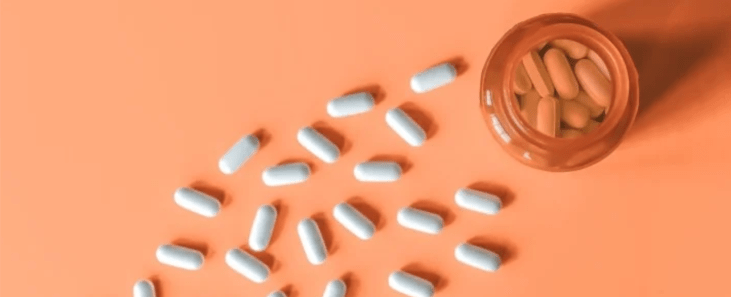Why Is It Important To Take Medicine Correctly?

According to the Centers for Disease Control and Prevention, medication taken incorrectly causes 125,000 deaths per year in this country. Taking your medication correctly means taking the right dose at the right time. It’s important to follow your doctor’s instructions for taking your medications.
Ask a lot of questions
Before taking a new medication, make sure you know what each medication is for, and the name and contact information of the doctor who prescribed it. Also, it’s important to understand how to take the medication, such as time of day, with or without food, and how to store it properly.
5 rules to follow
- Take the prescribed dose at the same time each day (use a memory aid such as meals, bedtime, charts, or pill boxes).
- Don’t skip doses or take half doses to save money.
- Take medicine until it’s finished or until your doctor says it’s okay to stop.
- Don’t take medicines prescribed for another person.
- Consult with a doctor about alcohol—it can cause some medication to be less effective or cause health issues.
Make it easier to remember your medications
- Develop a routine for taking your medication by connecting it with a daily activity. For example, take your medicine each morning when you make coffee, or use an external reminder, like a phone alarm, to prompt you to take your medication.
- Use a pill box to help make sure you’re taking your medications at the right time each day. There are a variety of daily, weekly, or monthly pill boxes available.
- Use a calendar to help you remember when to take your medications and when they need to be refilled. Keep your calendar in a visible location and include the exact days and times you’re supposed to take your medication. Mark the calendar if you miss a dose and remember to bring the calendar with you to your doctor appointments.
- Make a list to help you manage your medications and avoid harmful drug interactions. List all your medications—including over-the-counter medications—and give a copy to your doctor. For an easy way to list your medications, use the Doctor Visit Book.
How to make fewer trips to the pharmacy
There are services that can help reduce the number of trips you need to make to the pharmacy and help you stay on track with your medications. Many pharmacies now offer medication synchronization services that allow you to get all your prescriptions onto the same refill schedule. With medication synchronization, you’ll have a more accurate supply of medications and make fewer trips to the pharmacy. Ask your local pharmacist how you can synchronize your prescriptions. For additional ways to reduce trips to the pharmacy, try these services.